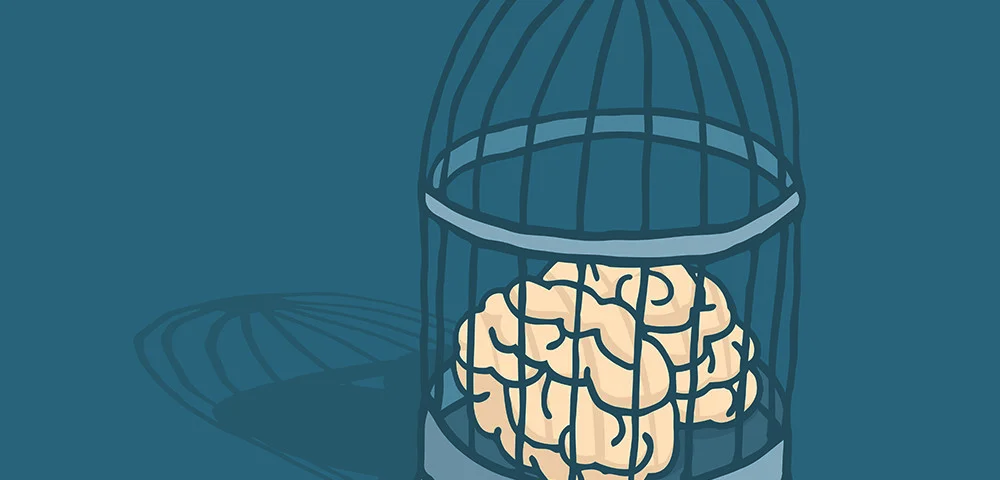Thinking Traps
The ability to think rationally and clearly in various situations is one of the key skills of a successful person. In this article, we’ll describe 5 features of our consciousness that, under certain circumstances, can lead us to incorrect conclusions.
1. Overreliance on First Thoughts
“Is the area of Australia more than 3 million square kilometers? What do you think its area is?” When this question is asked to a group, most people give answers close to or just above three million (even though Australia’s actual area is almost 7.7 million square kilometers). Initial information can be decisive in shaping our decisions and the direction of our reasoning. This tactic is often used in sales, so it’s important to be cautious with your first thoughts.
2. The Urge to Maintain Order
Our psyche naturally strives for stability and order. We tend to act according to established patterns and habits, which are not always the most effective. If we don’t receive positive reinforcement to change our behavior, the status quo prevails, and we continue along our usual path.
3. Mistaking Wishful Thinking for Reality
This trap kicks in when we have our own opinion about something but lack the confidence to make a decision. We start calling friends who have just done the same thing, seeking confirmation of our own correctness. In such cases, our interpretation of information becomes heavily distorted, as deep down, we’re just looking for validation of our own beliefs.
4. “Everyone Does It” Mentality
The actions of others strongly influence us, even if we try hard not to admit it. Peer pressure, fear of looking foolish, the “herd” instinct, and the need for “social proof” all play a role. As a result, some of our decisions are made not out of rationality, but simply because “everyone does it.” To overcome this trap, it’s important to be brave and reduce the influence of others’ opinions on yourself.
5. The Illusion of Control
In life, there are situations we can influence and situations we simply cannot. Interestingly, even in situations we have no control over, we irrationally believe we can affect the outcome. We just like to feel that we’re in control. The tendency to overestimate our ability to control situations impacts almost every aspect of our daily lives. While some outcomes are clearly the result of our own decisions, others are beyond our direct control. That’s why it’s important to ask yourself, “What can I actually influence in this situation?”



